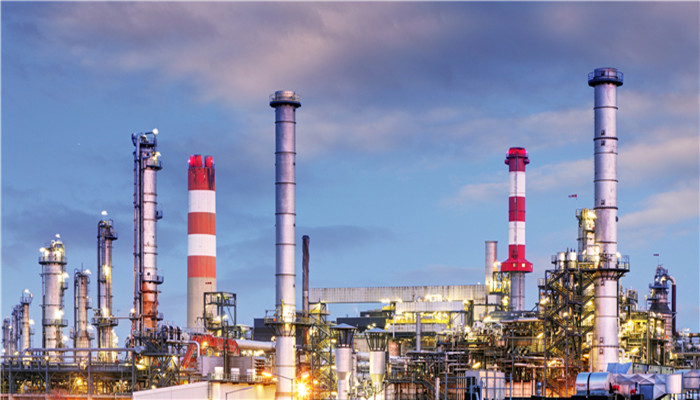
Alumina adsorbents have a wide range of applications. In the future, products will be upgraded towards high selectivity and high performance.
Alumina adsorbent, also known as activated alumina adsorbent and X-ρ type alumina adsorbent, is a chemical substance that uses aluminum hydroxide as raw material and is prepared through rapid dehydration, molding, and calcination of high-temperature airflow. The appearance of alumina adsorbent is white spherical porous particles. It has the advantages of uniform particle size, large specific surface area, strong water absorption, good environmental protection, strong surface activity, good chemical stability, strong heavy metal adsorption capacity, and strong acid absorption. It can Widely used in petrochemical, textile, food, water treatment, waste gas treatment and other fields.
In the field of water treatment, alumina adsorbents are mainly used to remove suspended solids, foreign matter, heavy metal pollutants, etc. in water; in the field of waste gas treatment, alumina adsorbents are mainly used to remove sulfur dioxide, hydrogen fluoride, sulfur hydrogen, and hydrocarbons in industrial waste gases. and other pollutants; in the petrochemical industry, alumina adsorbents are mainly used in scenarios such as petroleum cracking, deep drying of ethylene propylene gas and hydrogen production, and hydrogen production in air separation plants; in the food field, alumina adsorbents are mainly used to remove Harmful substances in food and beverages.
According to the “2023-2028 Alumina Adsorbent Industry Market In-depth Research and Investment Prospect Forecast Analysis Report” released by the Industrial Research Center , Alumina adsorbents have a wide range of application fields. Driven by the rapid development of downstream application fields, especially in the fields of water treatment and waste gas treatment, its market demand continues to increase. In 2022, the domestic water treatment market will exceed 120 billion yuan, and the industrial waste gas treatment market will exceed 38 billion yuan. In recent years, against the background of the continuous advancement of dual-carbon goals and the increasing intensity of environmental protection supervision, the scale of the domestic water treatment and waste gas treatment markets has continued to increase, which in turn has driven the demand for alumina adsorbents to continue to rise, and the industry has good development prospects.
But at the same time, the development of the domestic alumina adsorbent industry still faces some technical difficulties, such as difficulty in regeneration, short service life, and low selectivity for specific substances. In the future, alumina adsorbent R&D and production companies will need to continue to optimize product performance by changing product surface properties, adjusting particle size and shape, etc., and promote the continuous upgrading of alumina adsorbents in the direction of high selectivity, regeneration, and high performance.
The main alumina adsorbent manufacturers in my country include Guangzhou Lingwei Technology, Kaifeng Huiang Silica Gel, Ruzhou Fangyuan Technology, Gefeng Environmental Protection Technology, Shandong Jinzhong Environmental Protection Technology, Jiangxi Zhongxu Technology, Hunan Hengkai Environmental Protection Technology, and Inner Mongolia Xitai Recycling, Qingdao Aowei New Material Technology, Jincheng Hongbaoshan Mining, Luoyang Runsheng Technology, Pingxiang Tewei New Material, etc. There are many companies and the market competition is fierce.
Industry analysts said that alumina adsorbents are widely used in water treatment, waste gas treatment, food, petrochemical industry, etc. It is widely used in various fields, and with the rapid development of downstream markets, its market demand continues to grow. At present, most companies in my country have deployed in the field of alumina adsorbent R&D and production. In the future, with in-depth research and technological advancement, my country’s alumina adsorbent products will continue to be upgraded in the direction of high selectivity and high performance.

 微信扫一扫打赏
微信扫一扫打赏

